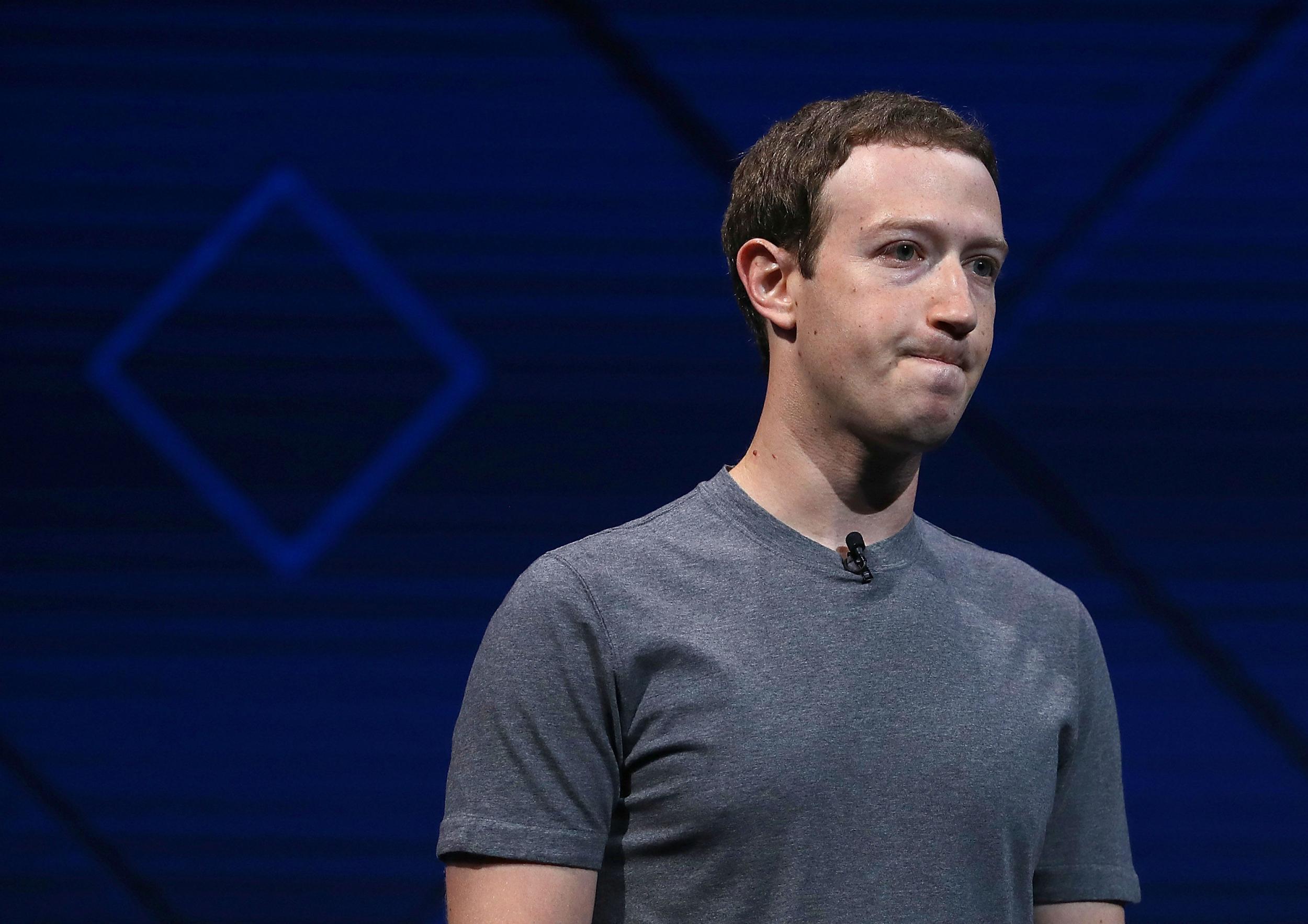Facebook to release more political advertising information amid claims of Russian interference in US election
Days after Twitter announced similar changes and days before a Congressional hearing

Facebook will start identifying who pays for political advertisements, the latest move by a major tech company to bolster disclosure amid mounting political pressure.
Congress is digging into the intelligence community’s conclusion that Russian-linked agents sought to sway the 2016 presidential election in part by purchasing ads on prominent online platforms. Facebook has already turned over thousands of advertisements that were purchased by artificial accounts associated with Russia.
Days before it will send a representative to testify about the matter on Capitol Hill, Facebook rolled out new advertising sunlight rules that would require election advertisements to carry a “paid for by” element that links to information about the purchaser. Users will also be able to see the ads a given page has bought.
“We remain deeply committed to helping protect the integrity of the electoral process on Facebook”, a blog post announcing the changes said.
With the announcement, Facebook joined Twitter in unveiling new ad disclosure requirements shortly before next week’s congressional hearing. Legislation unveiled next week seeks to impose similar campaign finance disclosure requirements on digital ads.
The changes reflect a concerted effort by tech companies to show they are responding to growing concerns, amplified by members of Congress, that they do not do enough to monitor paid content not their platforms. On the same day Facebook proclaimed its new advertising rules, Sen Dianne Feinstein sent letters to Facebook and to Twitter requesting more information about Russian activity and advertisements.
Facebook CEO Mark Zuckerberg was criticized for being overly dismissive of those worries when he said shortly after the election that it was “crazy” to suggest “that fake news on Facebook...influenced the election in any way”.
He subsequently walked back that remark, saying he regretted it, and he touted the new guidelines that will “make it easier to see what different groups are trying to communicate around elections and will make it harder for anyone to break the rules”.
But members of the Trump administration have evinced similar doubts to the ones Mr Zuckerberg initially expressed. Deputy Attorney General Rod Rosenstein said in a radio interview this week that voters were too “savvy” to be easily misled.
“I don’t think they’re going to be influenced by ads posted by foreign governments”, Mr Rosenstein said.
Join our commenting forum
Join thought-provoking conversations, follow other Independent readers and see their replies
Comments
Bookmark popover
Removed from bookmarks